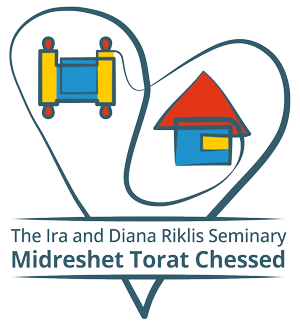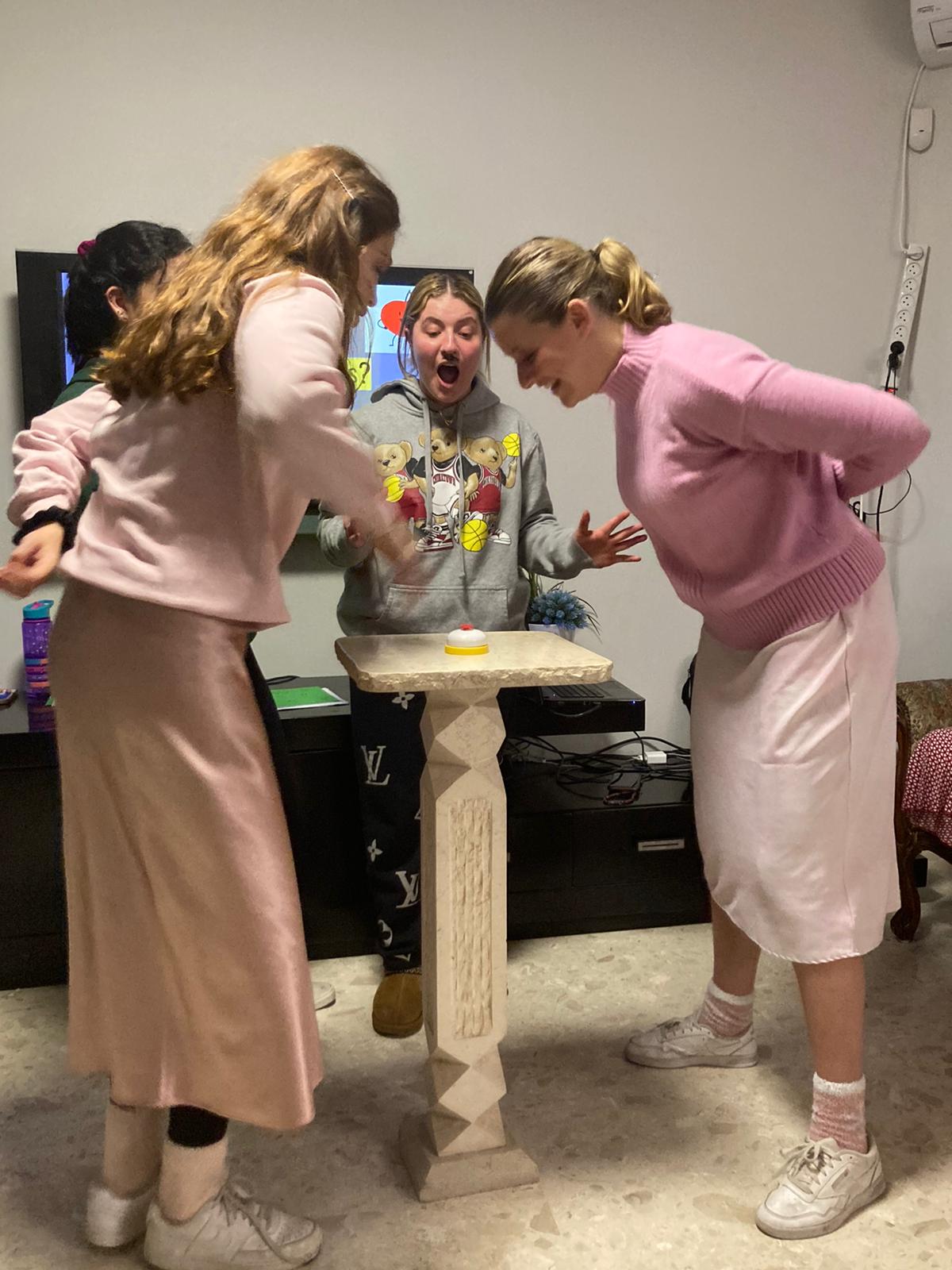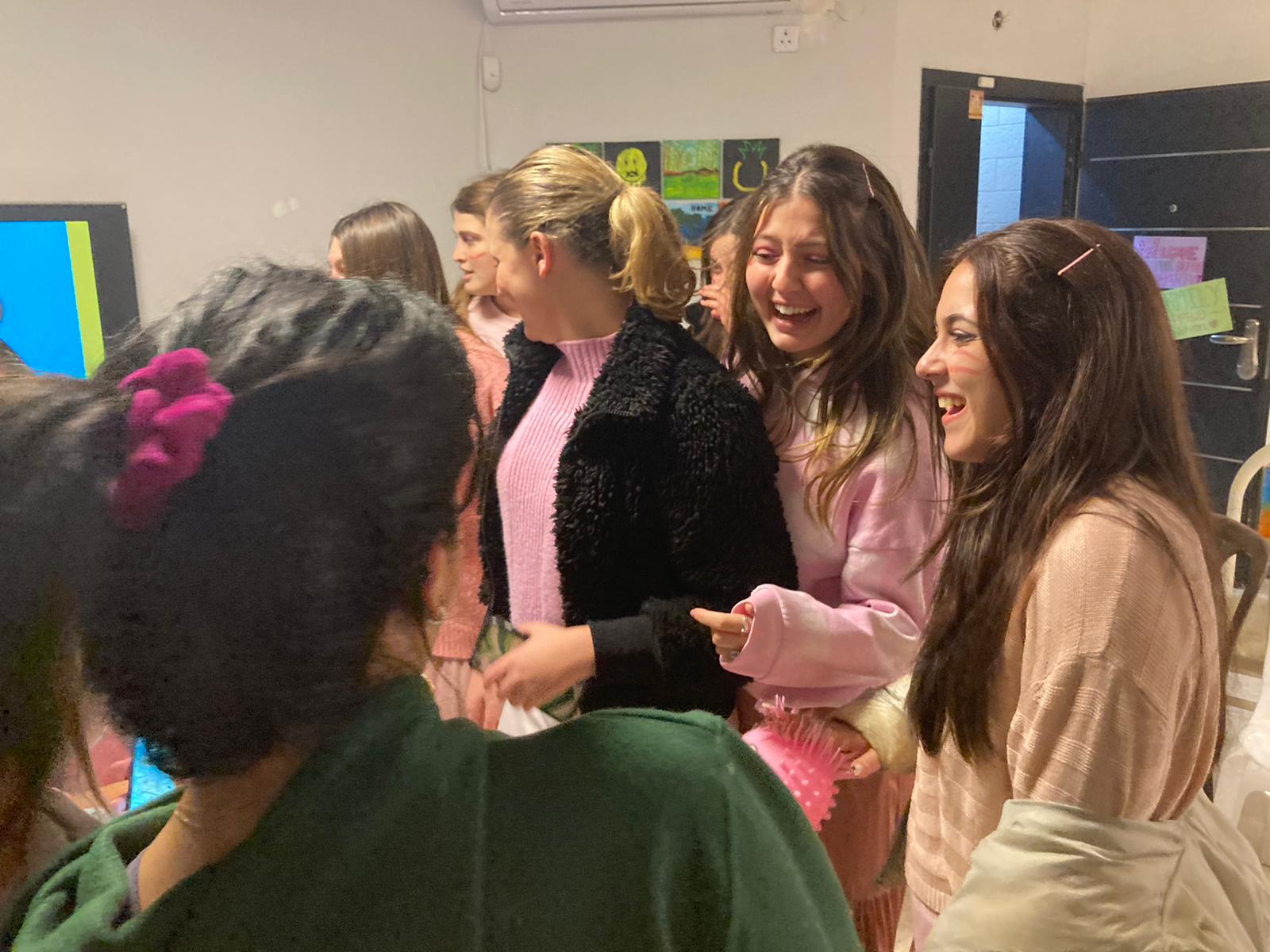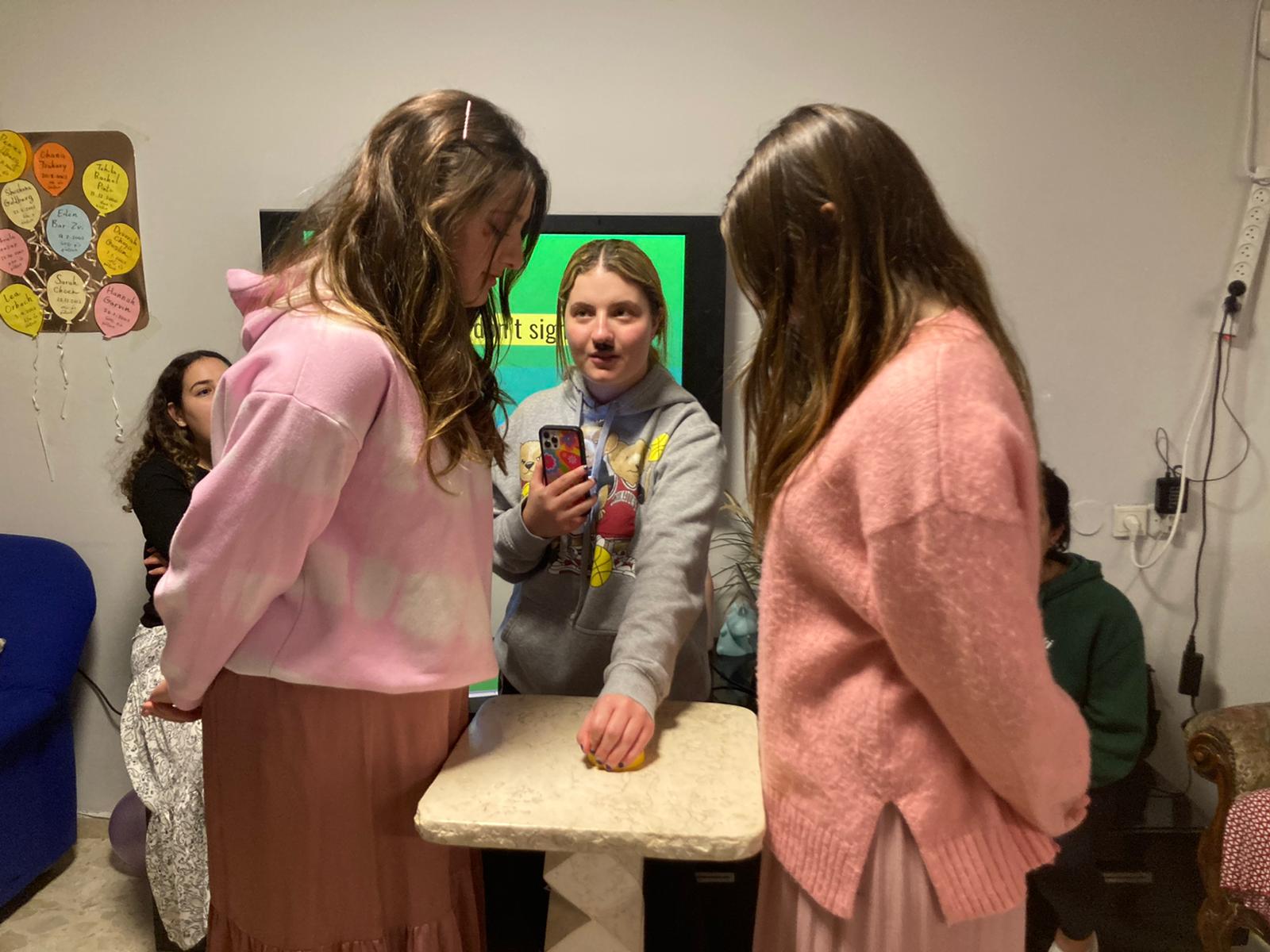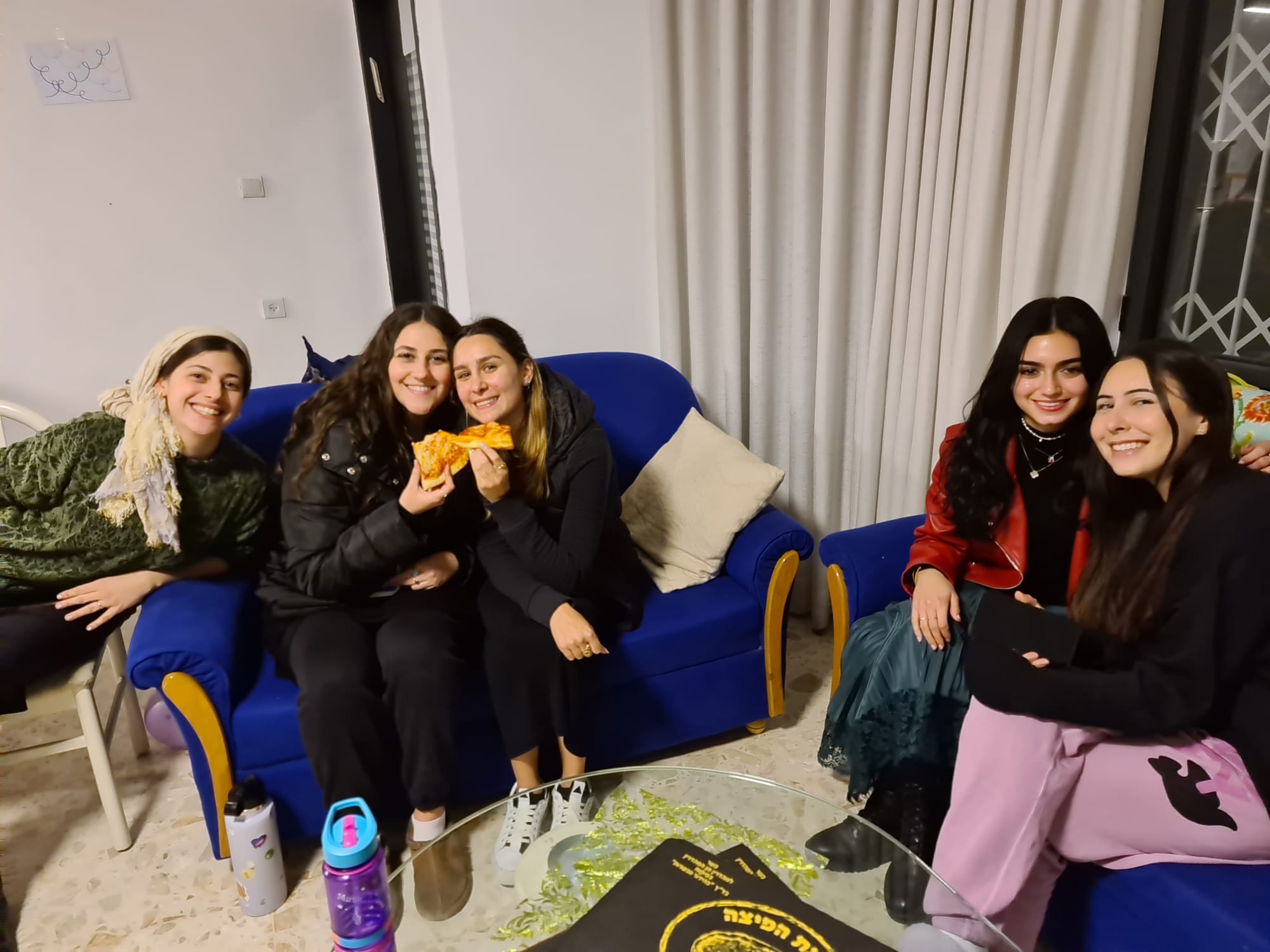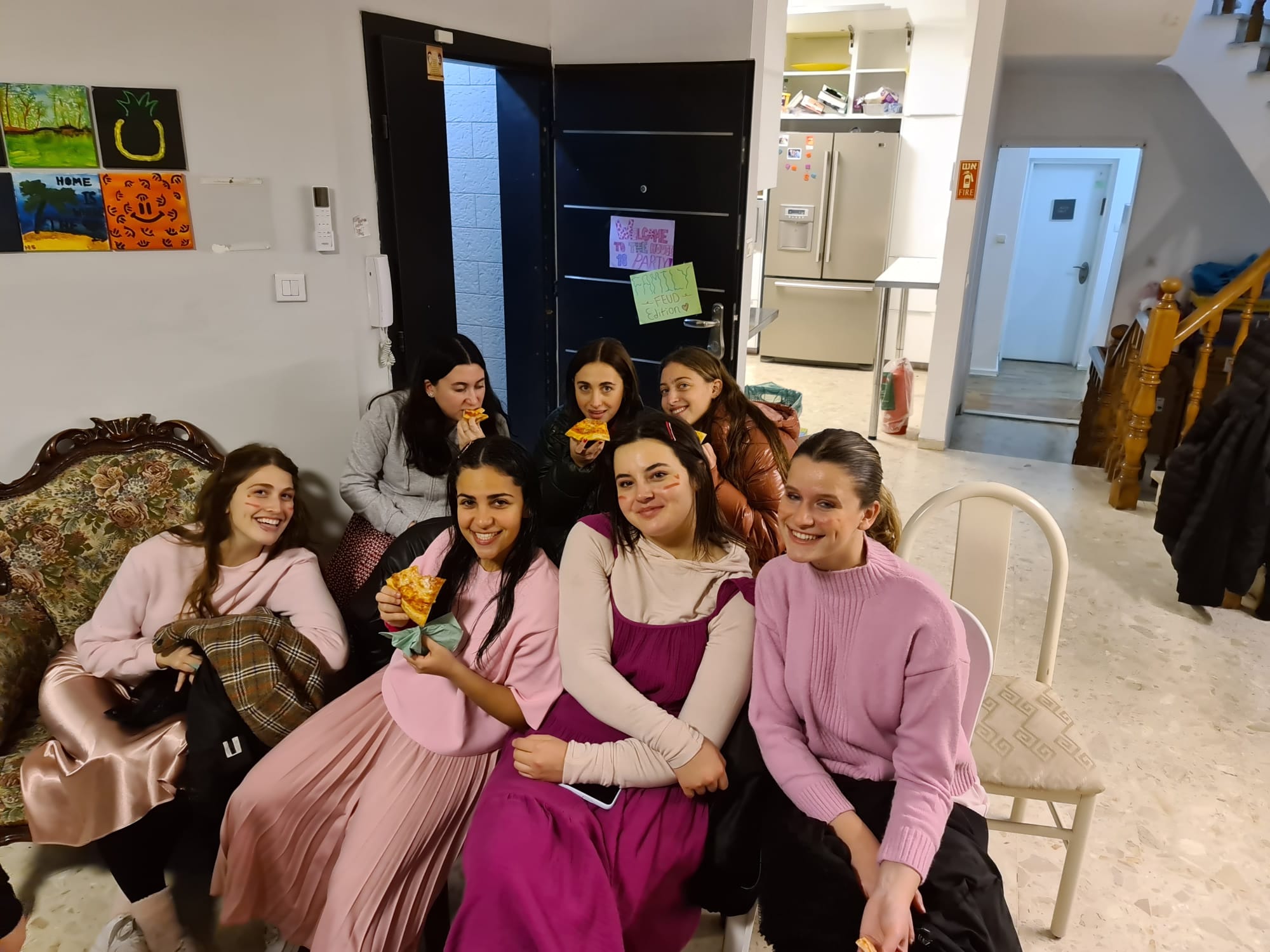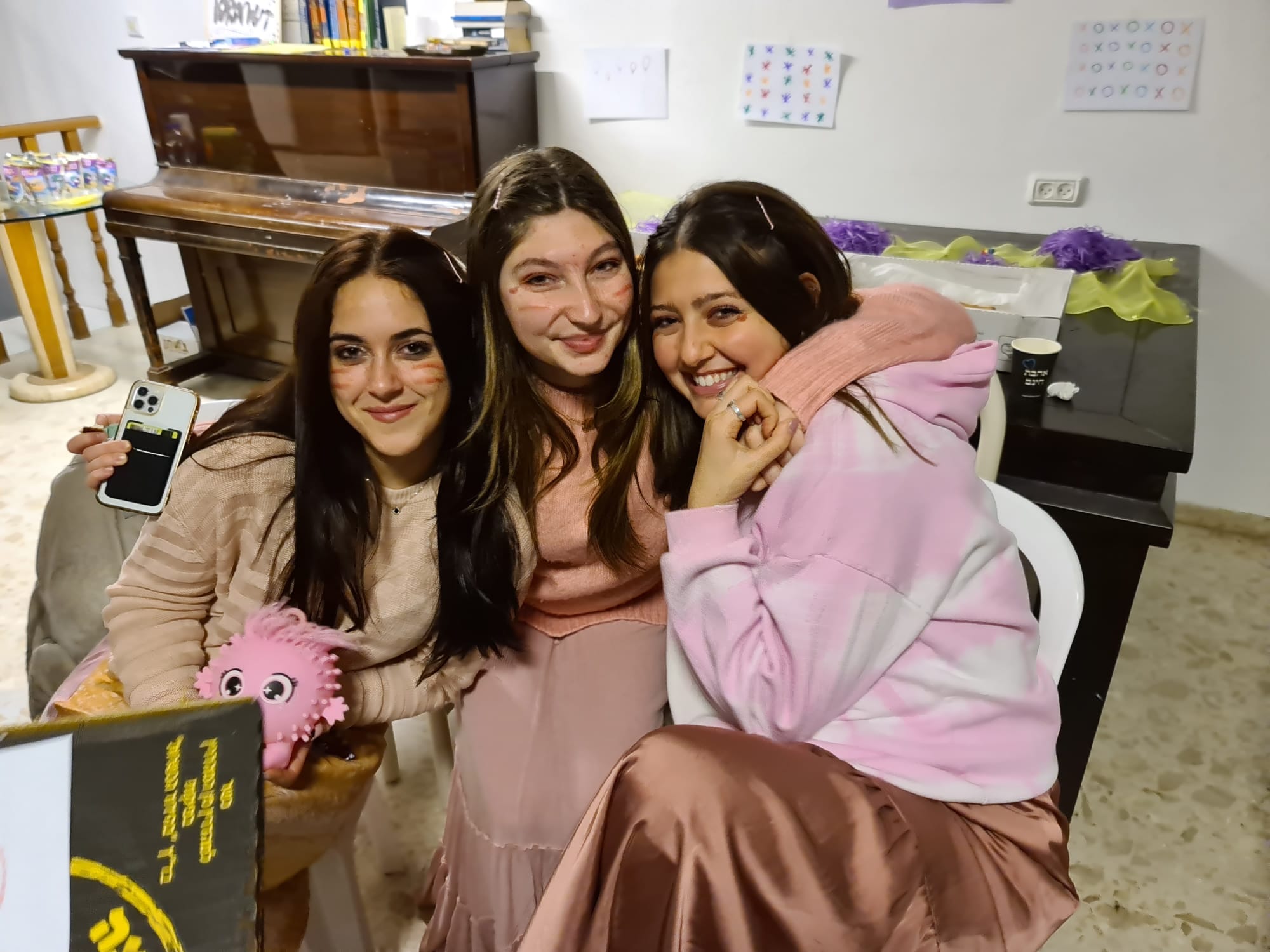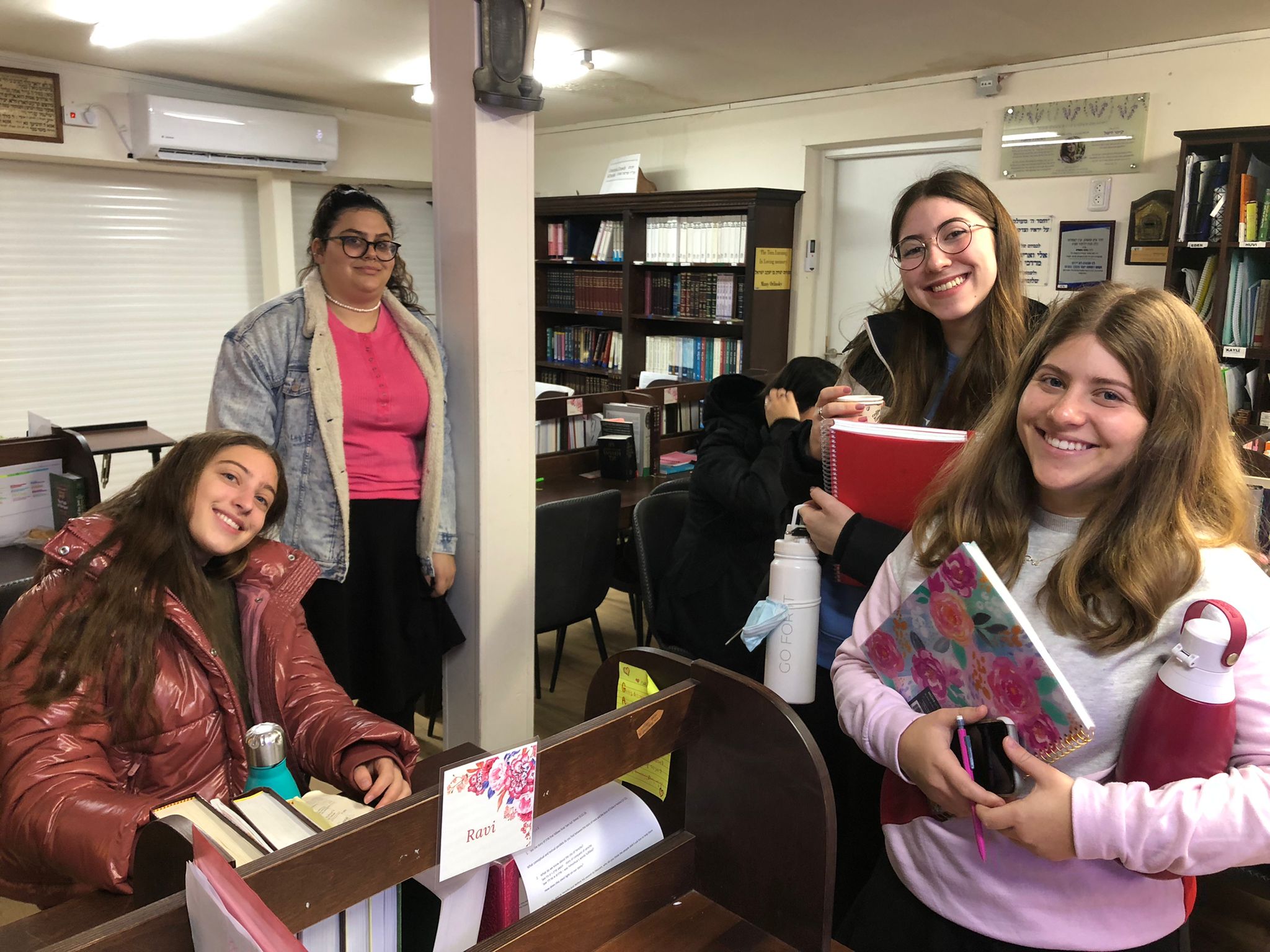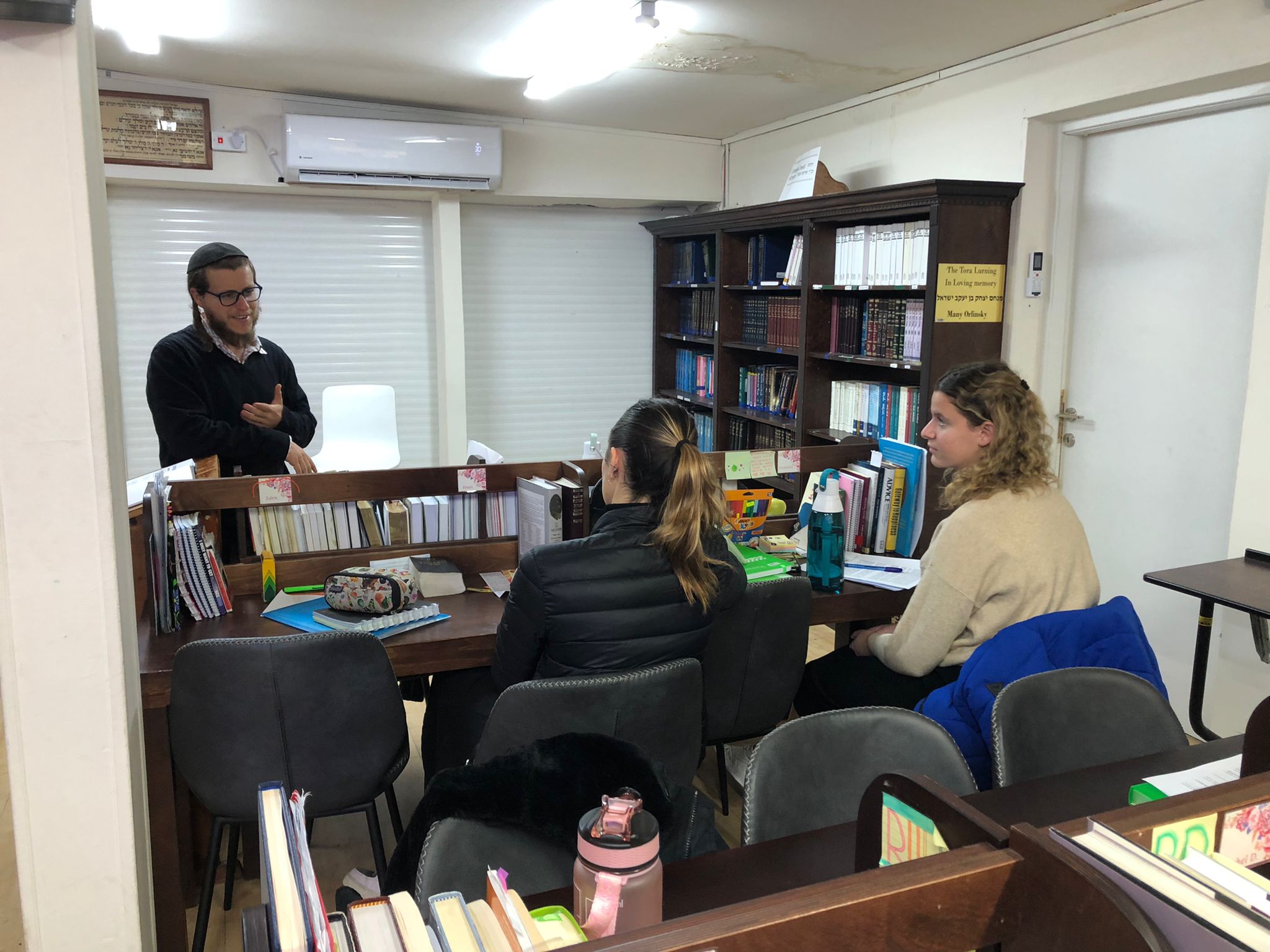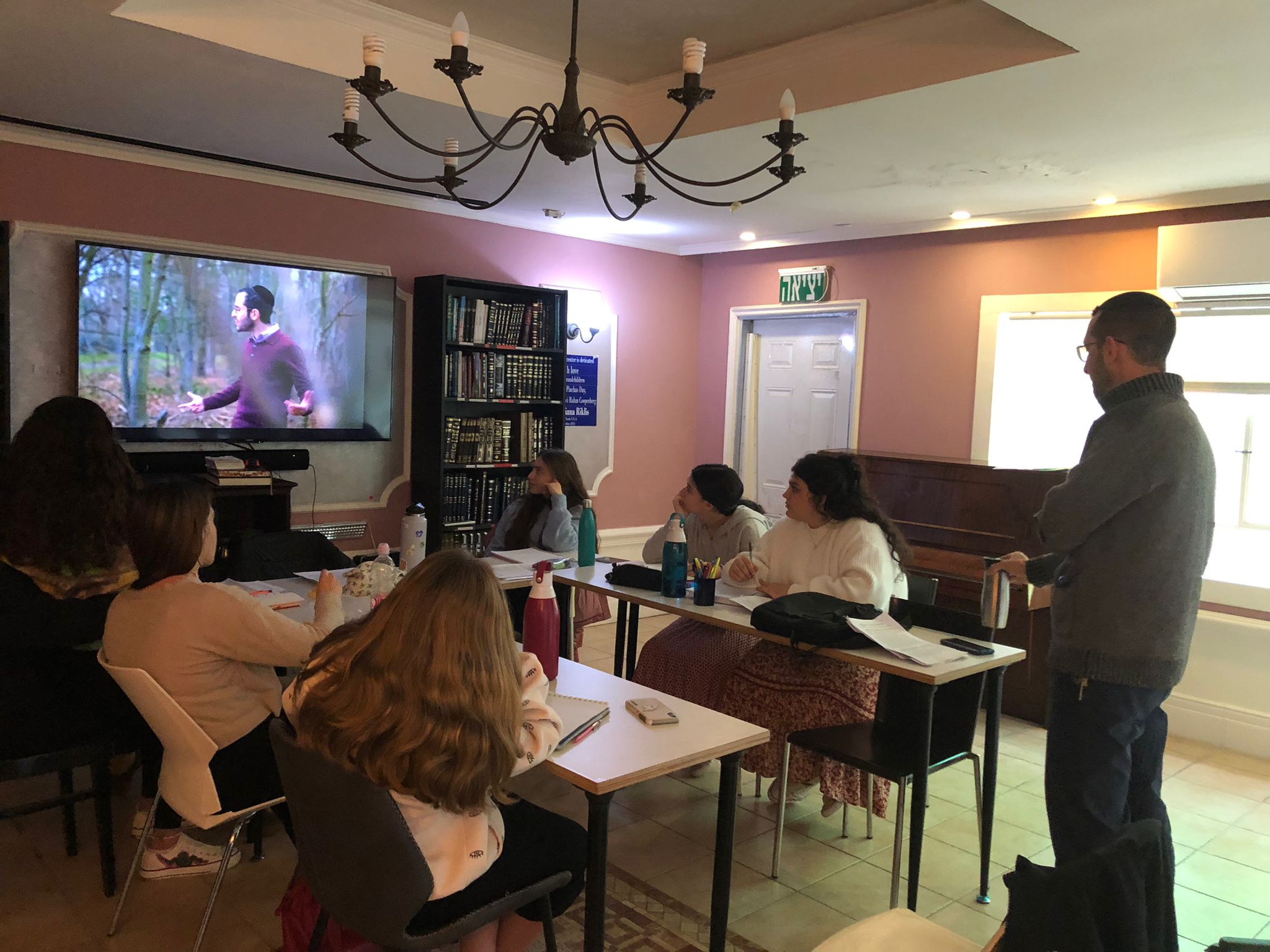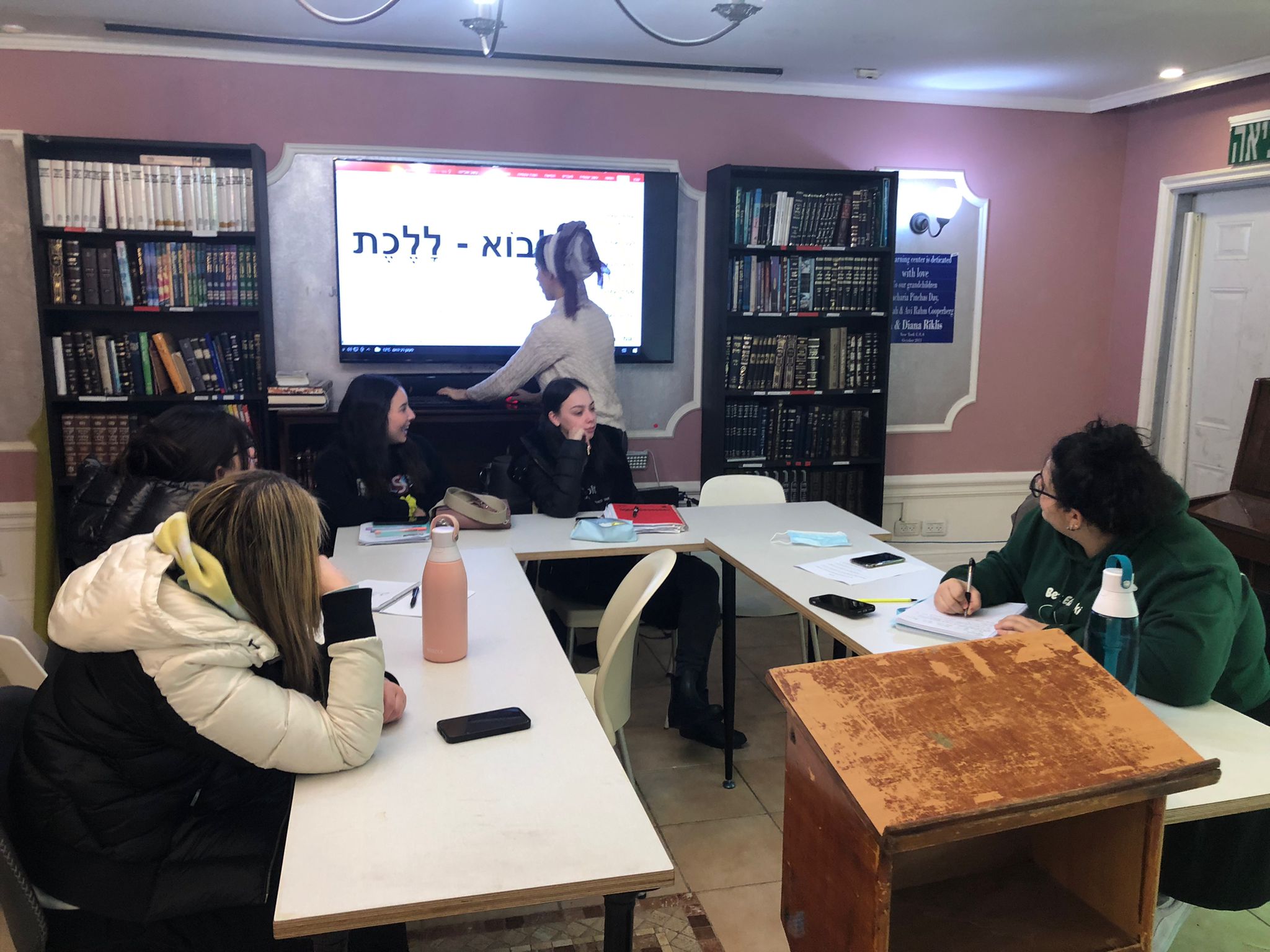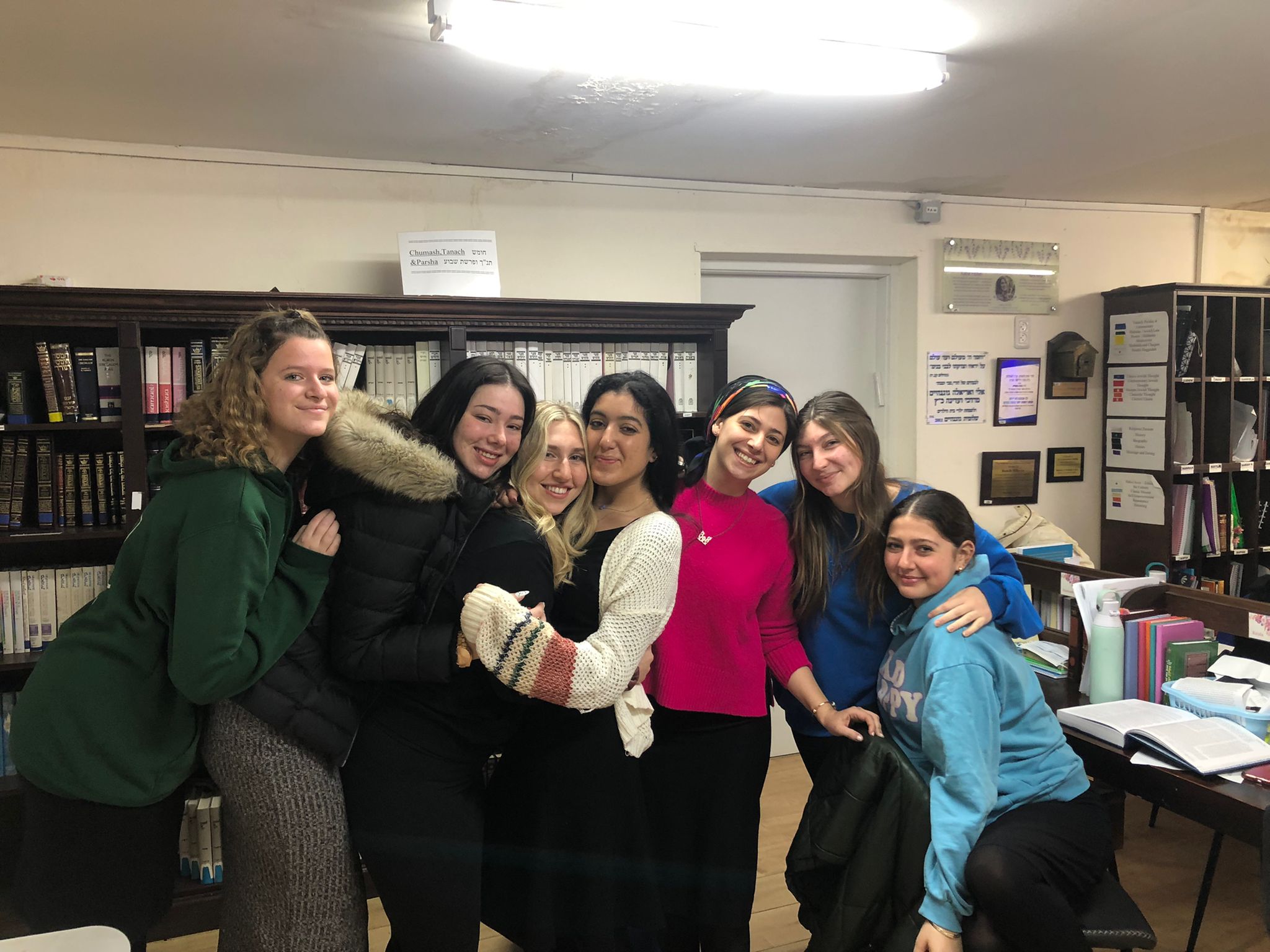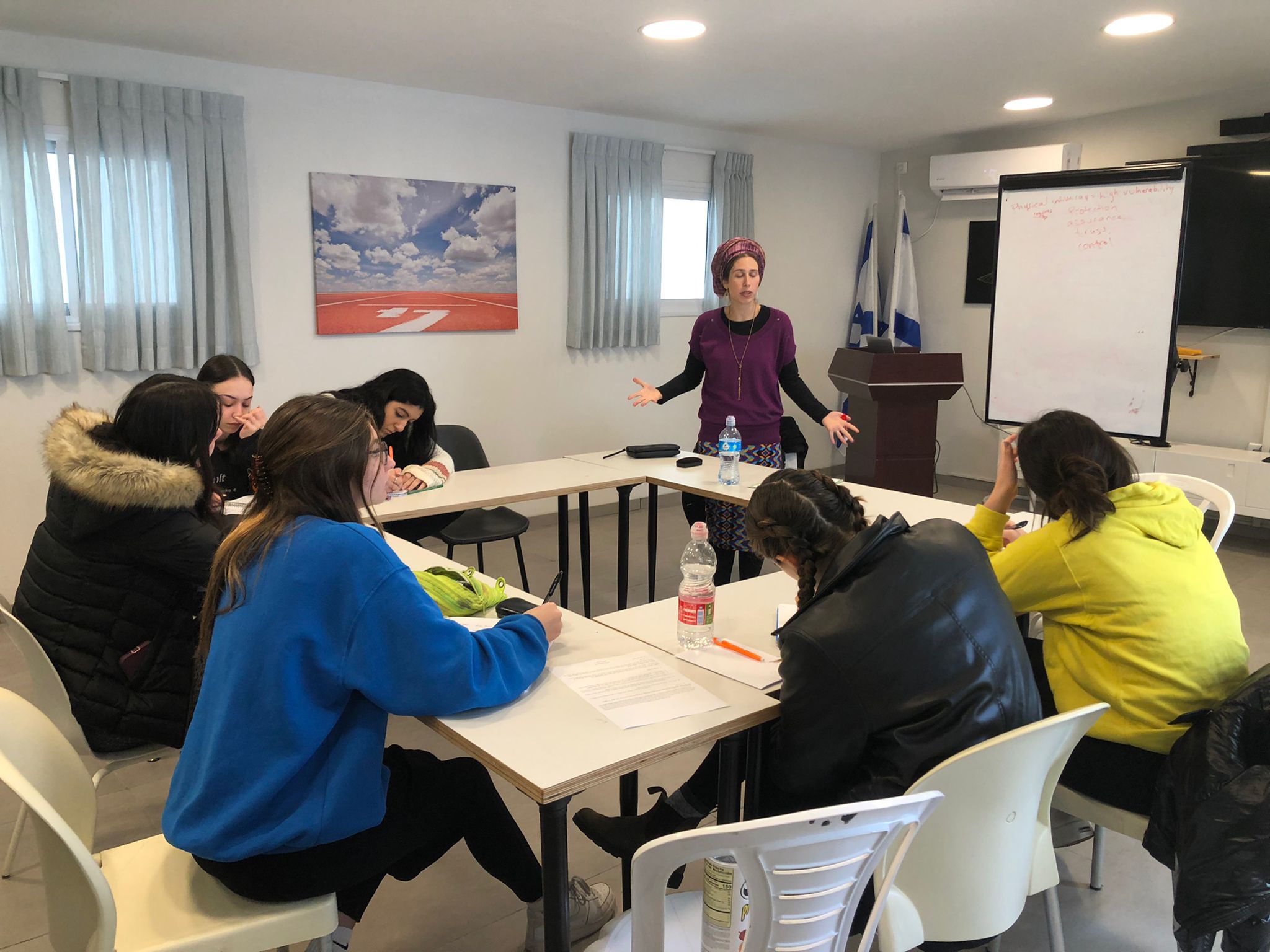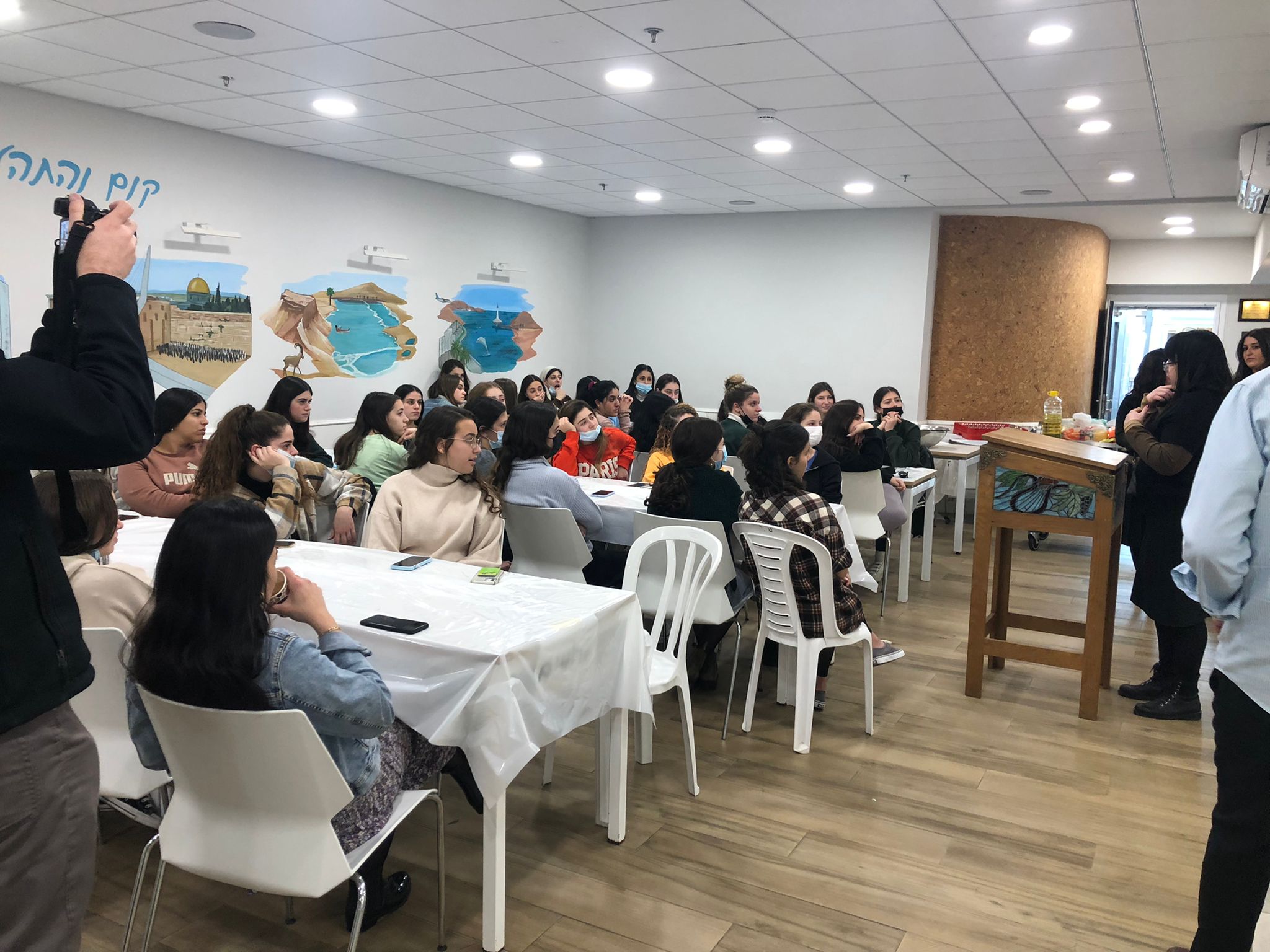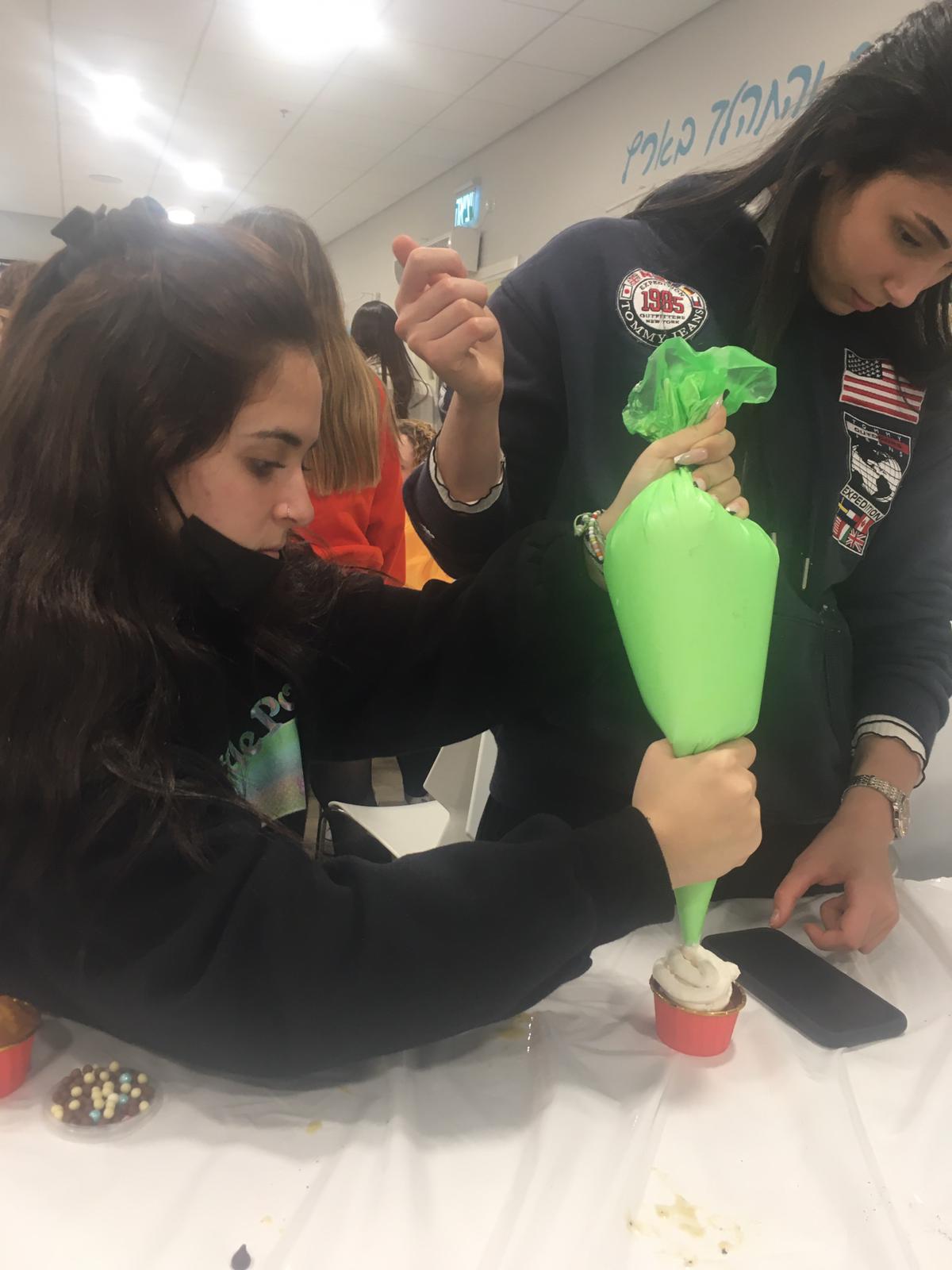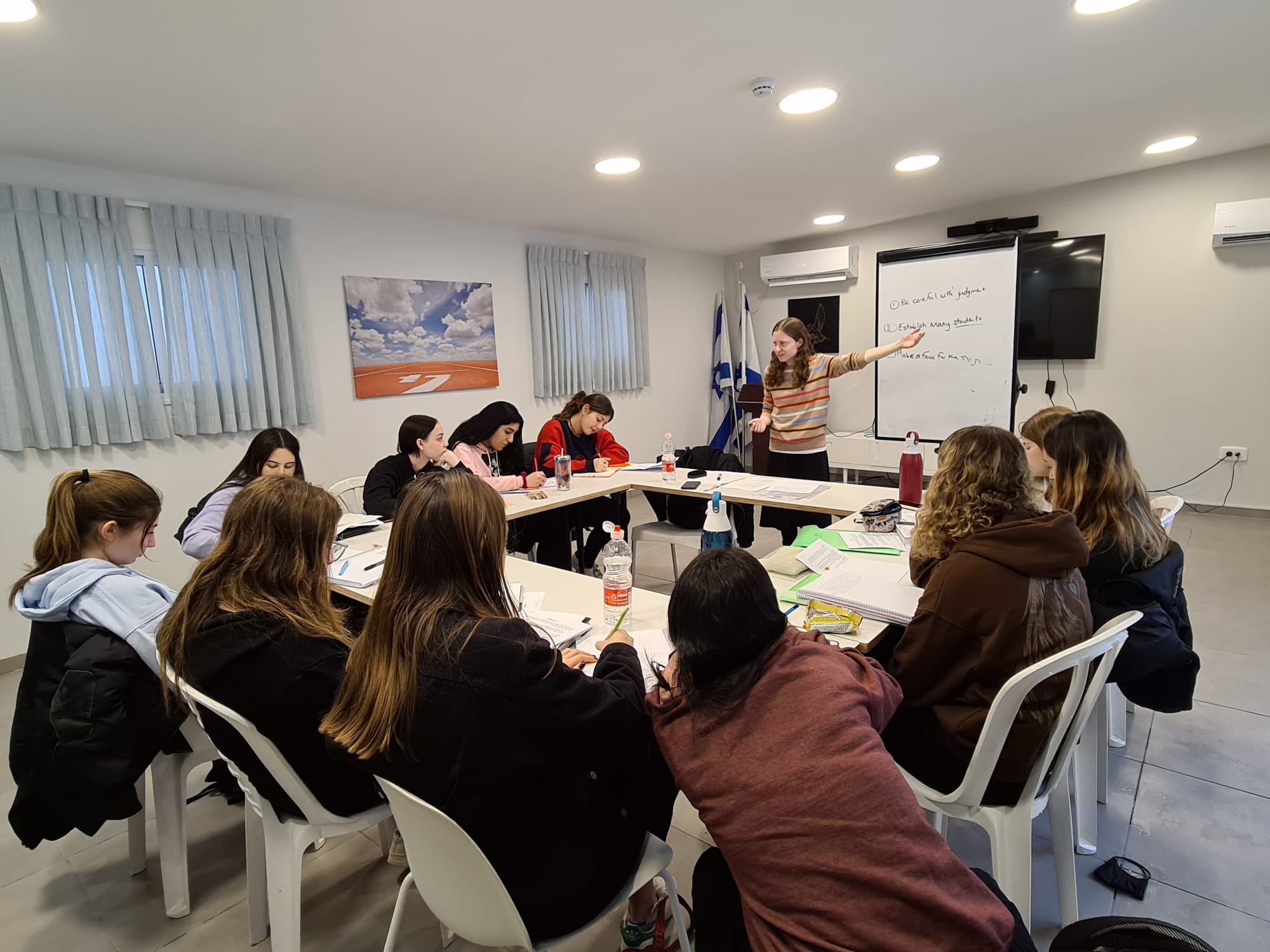
27 Jan MTC Highlights: Parshat Mishpatim

Ellie Ausubel - Educator
Parshat Mishpatim
After last week’s epic, Hollywood-worthy parsha featuring ma’amad har Sinai, parshat Mishpatim, replete with dozens of civil and laws, seems rather underwhelming. However, our parsha has a grand message. Rabbi Jonathan Sacks, z”l, often says that you can determine the true character of a nation by the way it treats the lowest strata of its society. Do the people look out for the “have-nots” or do they merely view them as a drain on society? It is very telling that the first set of laws in Parshat Mishpatim are about the eved ivri, the Jewish slave, and the rights that he has. The fledgling Jewish people are only several weeks out of slavery themselves, I’m sure the last thing they want to hear are laws about slavery! Yet, Hashem purposely chooses laws that relate to those in society who are lowest on the totem pole. While today we rightfully cringe at the notion of slavery, at the time of Matan Torah addressing the rights of the slave was nothing short of revolutionary.
“He shall work for six years; and in the seventh he shall go free, without charge.” (Shemot 21:2) An eved ivri can be sold for a maximum of six years only. The Sages understand that these pesukim deal with a case where an individual stole, could not pay it back, and was therefore sold by the Beit Din as an eved ivri. Whereas in other societies, such men may have become indentured servants for life, thrown into prison, or worse, the Torah envisions a society where such people are given the opportunity to work off their debt toward a brighter future.
The Talmud (kiddushin 20a) jokes that one who acquires an eved ivri, has actually acquired a master for himself. Why? Because the Talmud learns that one is required to provide the same standard of food and board for his eved ivri as he has for himself: “You should not eat white bread, while the eved ivri eats black bread. You should not drink aged wine, while he drinks new wine. You shall not sleep on a feather mattress, while he sleeps on a straw mattress.” The Torah’s message is clear: treat him as your equal, not as your servant; treat him with dignity regardless of his current social standing.
“Judaism,” writes Rabbi Jonathan Sacks, “rejects the almost universal belief in antiquity and throughout the Middle Ages that hierarchy and divisions of class are written into the structure of society. There is nothing inevitable or divinely willed about social and economic inequality. What human beings have created, human beings can rectify.” This concept is at the heart of Beit Elazraki and a central value that we hope to impart to our students at MTC.

Student Reflection
Hailey Meyer - HAFTR, NY - Woodmere, NY
Over our mid semester break, I flew back to America for the week to visit my family. Although I was extremely excited, I was still hesitant because it meant time away from my kids, friends, and classes. When I was in America, I recognized that many things I had learned this past semester applied to my life.
Back home I thought about my kids constantly which solidified how much of a connection I made with them and how excited I was to further that connection when I returned to MTC. I also was in contact with my MTC friends, despite the time difference, which showed me that these friendships will be ones that last a life time.
As I shared all that I’ve learned this semester with my family, I became more excited to what the rest of the year holds.
When returning to MTC, I was greeted with the brightest smiles and warmest hugs. It felt as if I had never even left. MTC truly is more than a gap year school in Israel, it’s a home and a family, one that I couldn’t be happier to be apart of.


